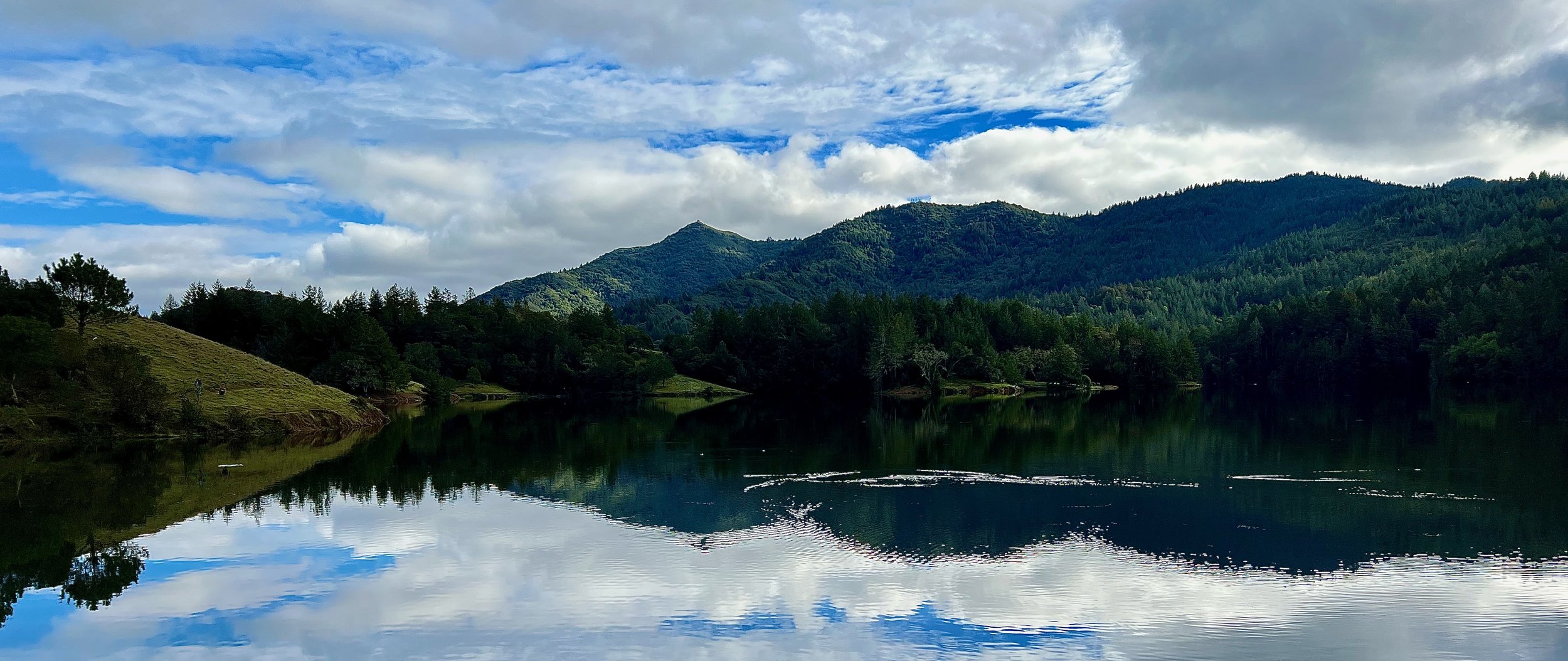
Marin Coalition for Water Solutions
Jan. 29, 2022
Water district must expand supply by reconsidering desalination plan
What exactly is being done to solve Marin County’s drought crisis, which is now entering its fourth year? The simple answer is: Not Enough.
Don’t be fooled by the spate of blessed and brief rains. More severe droughts are practically guaranteed and this one is not yet finished despite rising reservoir levels.
Let’s focus on the bottom-line questions: What can be done to make Marin drought-proof and how much will that cost?
The problem is the stewards of our water future at Marin Municipal Water District have evidenced scant interest in completing the basic cost-comparison analyses of various options which might lead to permanent solutions.
Meanwhile, little heed is being paid to the complaints of the more than 190,000 district water users who are not enamored of punitive rationing and repetitive conservation lectures as substitutes for intelligent decision-making.
To reduce car accidents, should we stop people from buying cars? In striving for permanent water reliability, should we ignore the fact that demand for more of it is not going to lessen as the population and the urgent need for more housing increases?
Should disastrous wildfires be allowed to run rampant for lack of effective watershed management? Should we continue to rely on failed efforts at so-called “groundwater banking” knowing for decades that it yields insufficient water particularly in times of severe drought?
In the latest chapter of the water follies, the much touted Richmond-San Rafael Bridge pipeline – a highly questionable solution from the start – has been abandoned (at least for now) following stiff resistance from East Bay Municipal Utility District officials and now demands a full-blown environmental impact report, which will take a least two years to complete before one girder can be laid.
One solution which has gained global popularity, and has seen rapid technological advancement, is desalination, which caught Aristotle’s attention as early as 384-322 B.C.
About 1,400 desalination plants are in operation in the U.S. In California, as of 2019, there were 11 fully functioning with 19 on the drawing boards. Some are partnering with brackish desal plants like the one in Antioch. It can avoid daunting contractual obstacles and costly pipelines to faraway water sources north of Sacramento–San Joaquin River Delta.
We can expect the usual objections from the desal negators, most of which were debunked in an extensive study authorized by MMWD officials in 2005 in conjunction with the construction of a small pilot desal plant that ran for several months with positive results.
The study confirmed that desalinated water is safe and meets all state and federal requirements. In addition to being eminently drinkable, it positioned the county to be a pioneer in providing a drought-proof sustainable water supply.
In fact, it was so successful that the American Academy of Environmental Engineers gave the district an award.
Our water board seems to be ignoring its own studies.
Rep. Jared Huffman is a former water board president and a respected champion for sound environmentalism. He was an early supporter to begin the design and planning for a desal plant. He has recently reintroduced the “Future Western Water Infrastructure and Drought Resiliency Act” which calls for $260 million for innovative desalination projects.
That moment may have come and gone. But that means there are no ready answers for the county’s perpetual water woes as the board continues to flail about with half-baked schemes that insure only further delays.
Unless we are told otherwise, any serious desal planning has been again scuttled. According to a chart produced by district staff at its last board meeting, a regional desal plant has “low priority.”
Sensible long-term planning could expedite desal adoption significantly. Eventually, it could lead to water independence by delivering sustainable amounts of annual supply before emergencies occur without adding exorbitant increases to water bills.
Richard Rubin, of Strawberry, is founder of the Marin Coalition for Water Solutions.